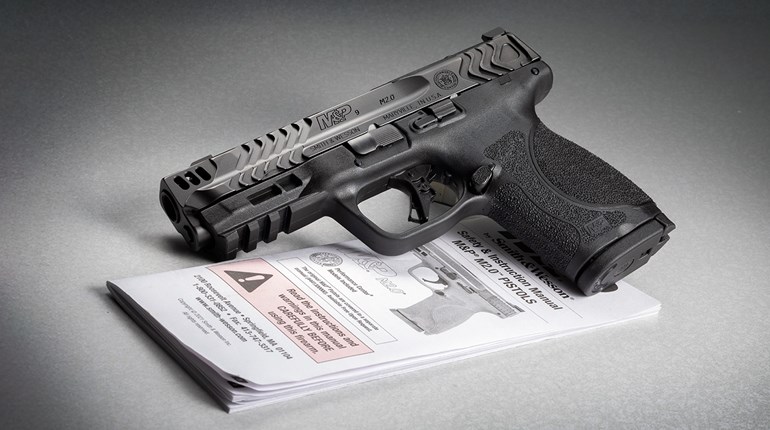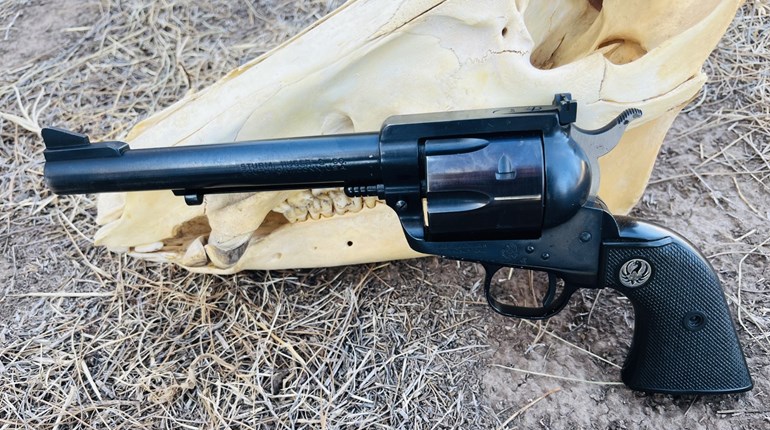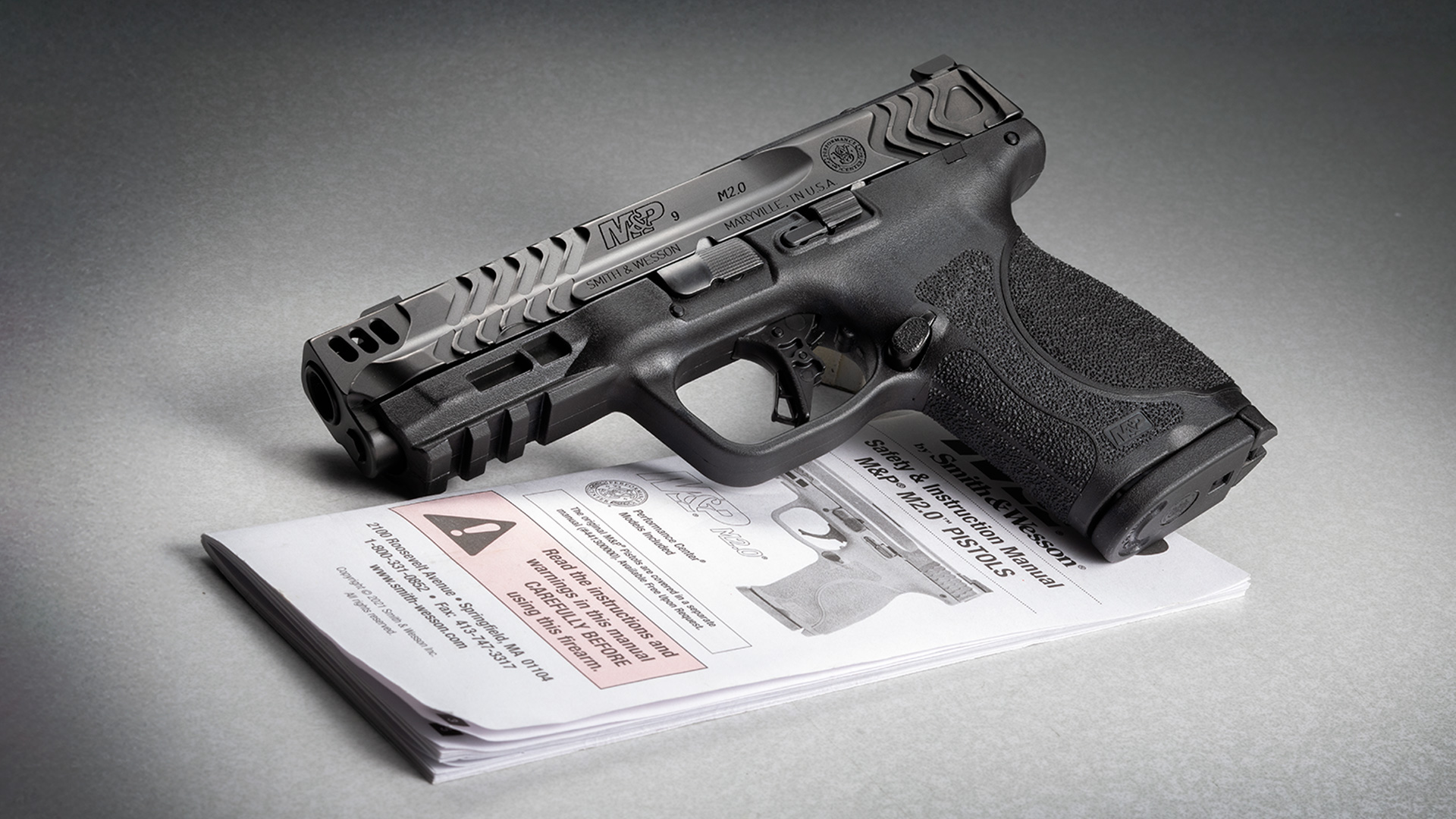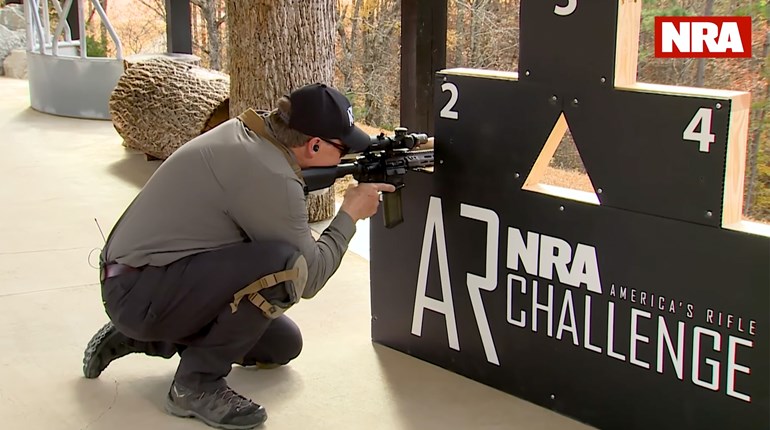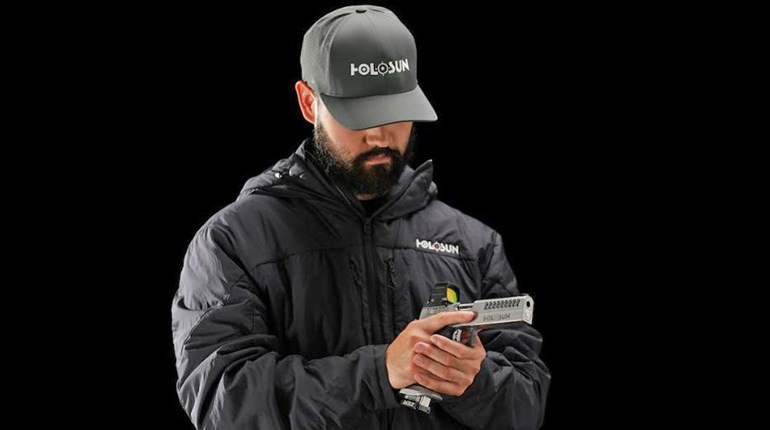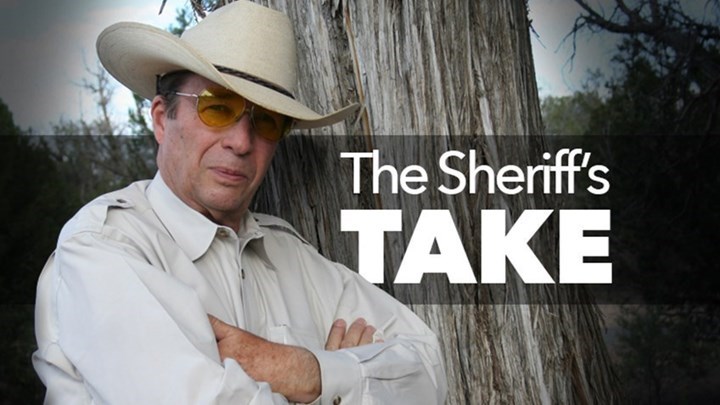
We know that fear is a natural response to things we think might hurt us or things we don’t understand. The problem with fear is it can lead to panic. Being in a state of panic can cause us to make bad decisions and respond improperly or ineffectively. Fear and panic may also cause us to simply do nothing – until it is too late - the colloquial "deer in the headlights" response.
Another related problem is that we don’t want to think about bad things. We are often encouraged to stay positive and look on the bright side. While that may be good advice, it is always a good idea to consider what problems might arise and try to have a plan for dealing with them. Good plans help us to keep our fear within due bounds and to function in spite of it.
The main thing to keep in mind is that a defensive plan is not a static thing. It should be continually changing and evolving. We develop defensive plans based upon our knowledge and concerns at that particular time. Whenever we take new training or interact with other defensive shooters, we have the opportunity to improve our personal plan. Developing an effective personal defense plan is an ongoing process.
We may begin to develop our plan based upon a desire to be better protected from home invasions or robberies. But then, as times change, we realize that we need a plan for other things. We might need to consider social unrest. Or we may realize that we and our families are in just as much danger from fire, flood, and flu. When you really stop to think about it, the list can be rather lengthy.
Developing realistic plans for dealing with potential problem is one of the best ways to control our natural fear. Training and practicing for dealing with such events builds our confidence. Confidence in one’s own ability also controls fear.
But to simply say that if X happens, I will do Y, is not enough. We need to know that we can draw from concealment in just over one second and hit the vital zone at 10 yards 98 percent of the time because we have done it on a regular basis.
In order to control fear, one needs planning, training, and practicing. And this is as important when dealing with a house fire or tornado as it is with a home invasion or car jacking. Jeff Cooper summed it up quite nicely when he said, “They told me this could happen and I know just what to do about it.”
So you have the option of controlling your fear, or letting fear control you. What will your choice be?












